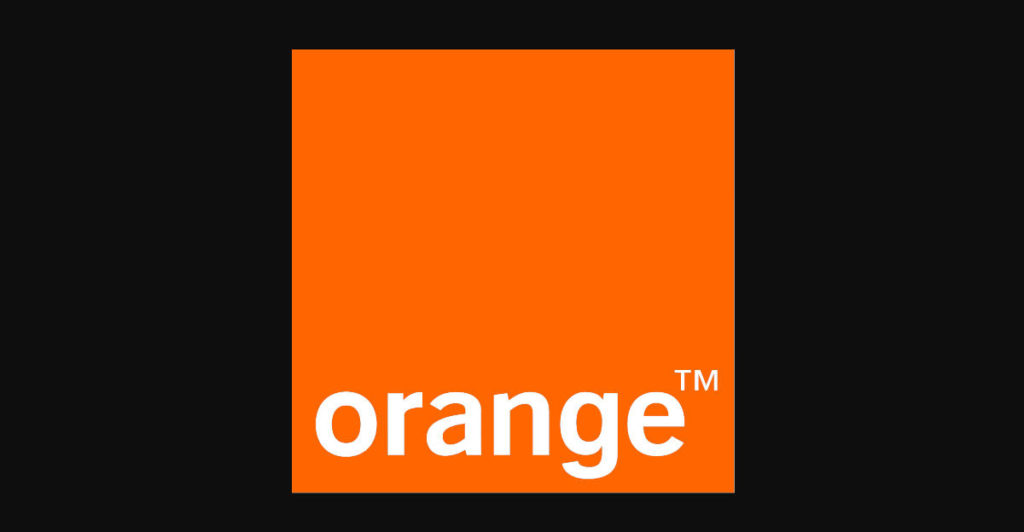Known as the world’s tenth-largest telecommunication company, Orange SA, does not need any introduction. It has been in the telecom industry for past over hundred years, as first the company was owned by the France government and worked under the Ministry of Posts and Telegraphs. In 1998, the company became private and was recognized as a separate entity. The reason behind the success of Orange SA is that it stayed consistent and adapted to all the changes the telecom technology was following. Since telecom is the field Orange works in, mobile, landline, internet, and Internet Protocol television (IPTV) are the major services it provides to its worldwide customers.
A Brief Introduction About Orange SA
Orange SA is a 33 years old company but has its roots related to the times when telegraphs were used as the main communication tool. The company headquarter is based in the 15th arrondissement, Paris, France, and it is the fourth-largest telecom provider in Europe. The company deals in Fixed line telephone, Mobile phone, Broadband, IPTV, and internet services. It is a public company and trades at Euronext (ORA), NYSE (ORA), BIT (ORA), and CAC 40. As per the 2019 records, the company earned annual revenue of €1.238 billion and owns assets worth €106.303 billion.

Orange SA is a multinational, and around 59,000 works for Orange in its global offices, with 266 million customers worldwide. Orange Marine, Orange Business Services Partner Communications Company, Wanadoo, Deezer, Orange Labs, Dailymotion, Telkom Kenya, Orange UK, Sonatel, Jazztel, Globecast, Cloudwatt, Telekom Romania are some of Orange SA’s major subsidiaries.
The Founding of Orange SA
In the very beginning, the France government started the telegraph service under the Ministry of Posts and Telegraphs in 1878, and later, the department also introduced the telephone service in 1923. After the introduction of the telephone, the Department of Posts and Telegraph was nationalized, and in 1941, the department created another branch for the telephone service with the name General Direction of Telecommunications, which remained the major telephone service in France until 1988, when the division was renamed to France Télécom.
After the formation of France Télécom, the French government wanted to open the doors for public services in telecommunication, so on 1 January 1998, it privatized the France Télécom, the government still holding the 27% stake in the company. This privatization also led to the acquisition of multiple international firms as France Télécom wanted to expand internationally. The acquisitions by France Télécom included GlobalOne, Equant, Internet Telecom, Freeserve, EresMas, NTL, Mobilcom.
Side by side, in 1991, Hong Kong’s Hutchison Whampoa acquired the major shares in Microtel Communications Ltd of the UK and renamed it to Microtel to Orange Personal Communications Services Ltd. The acquisition was made to set up the owner company’s hold on the UK’s telecom industry. Hutchison Whampoa launched Orange as a separate brand in the UK in April 1994. The company went public in 1996 on the London Stock Exchange and NASDAQ and later was acquired by German conglomerate Mannesmann AG in 1999.
Vodafone saw the success of Orange, so it acquired Mannesmann for US$183 billion and obtained the Orange shares along with that. But in August 2000, Vodafone sold Orange to France Télécom for a sum of €39.7 bn. The acquisition of these many international telecom companies helped France Télécom to become the fourth biggest global telecom operator, and France Télécom transformed into a new group named Orange SA
In 2008, Orange also entered the digital streaming industry and acquired the exclusive rights from Warner Bros as well as rights to broadcast Saturday evening Ligue 1 football matches from the French Football Federation. The company also obtained the rights of selling iPhones in various countries from Apple, like Austria, Belgium, Egypt, Jordan, etc. In 2018, Orange partnered with Google to install a transatlantic undersea cable, Dunant, to share fast-speed data between the United States and France. The company also started a satellite-based home broadband service in July 2020, utilizing the Eutelsat Konnect satellite.
The CEO: Stéphane Richard
Stéphane Richard is a French-born businessman and the residing CEO of Orange SA He was born on 24 August 1961 in Caudéran, France. He is an alumns of HEC Paris and École nationale d’administration, Strasbourg. Richard has vast experience in the field of telecom. He held some major roles at companies like Compagnie Générale des Eaux, Compagnie Immobilière Phénix and CGIS.
Richard joined Veolia as Deputy Managing Director of Veolia Environnement and CEO of Veolia Transport in 2003. In 2007, he accepted the post of director of Orange SA, and in 2009, he became the Chief of Staff to the French Minister for the Economy, Industry and Employment. In 2011 on March 1st, Richard was appointed as the Chairman and Chief Executive Officer of Orange SA.

Yashica is a Software Engineer turned Content Writer, who loves to write on social causes and expertise in writing technical stuff. She loves to watch movies and explore new places. She believes that you need to live once before you die. So experimenting with her life and career choices, she is trying to live her life to the fullest.